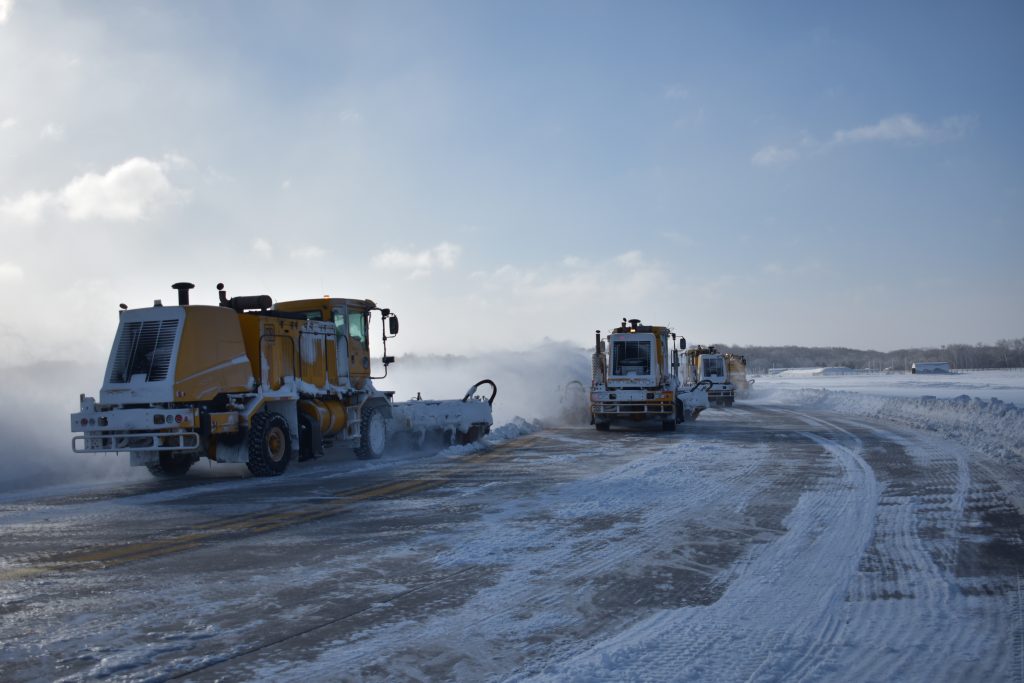PACE has ‘incredible impact’ in its first year in QC
Dave Thompson

Despite back-to-back snowstorms the Quad Cities International Airport saw an increase in January travel. CREDIT Quad Cities International Airport
Despite local operational challenges and systemwide cancellations caused by back-to-back snowstorms in January, the Quad Cities International Airport saw a 7% year-over-year increase in passengers for the month.
The QCIA announced in a news release Wednesday, Feb. 21, that the airport in Moline (MLI) had 23,495 enplanements (outbound passengers) in January, which compared to 22,050 enplanements in January 2023.
…

Get immediate, unlimited access to all subscriber content and much more.
Learn more in our subscriber FAQ.
Do you want to read and share this article without a paywall?
